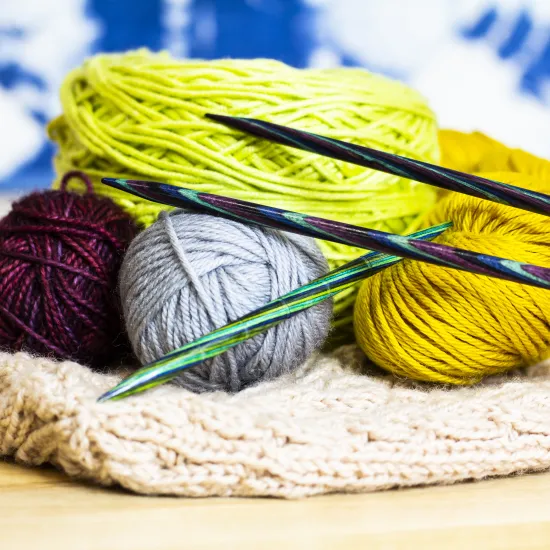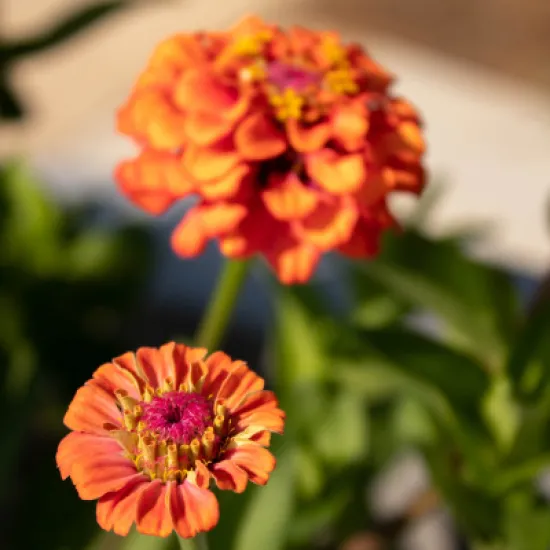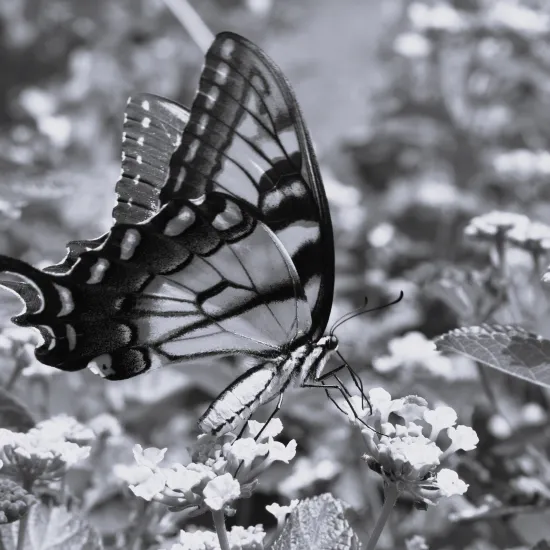- Megan M.
- Tuesday, August 02, 2022
The next step in creating a healthy landscape is to Recycle your yard waste. Recycling your yard waste keeps waste out of landfills. As a bonus, you’ll get free mulch and soil amendments.
Use appropriate bags to contribute lawn clippings to local composting efforts. Place bags outside of ditches and away from storm drains.
Create and maintain a compost pile with kitchen scraps and yard waste. No animal products please.
Create worm compost by using the digestive power of worms to recycle kitchen scraps and organic material.
Recycle grass clippings by leaving them on the lawn.
Mow lawns to the appropriate for your specific lawn. Use higher recommended height when the lawn is under stress, such as during times of drought and very high temperature.
Start Composting
- Three square feet is ideal for a pile or bin, but don’t exceed five square feet. Locate your compost at least two feet away from structures (house, shed, fence, etc.)
- Compost needs microorganisms from the soil. If using a pile or bin open to the ground, loosen the soil about an inch before adding material. For enclosed bins, place a layer of soil at the bottom of the container.
- Alternate layers of greens and browns, making sure the top layer is always brown. (See list of greens and browns below)
- Moisture – compost should be as moist as a damp sponge. Too little moisture will inhibit the process, too much will make it smelly!
- Turn your compost twice a month to inhibit odor-causing bacteria and speed the process
- Your compost pile will get hot. This is normal and helps the materials break down faster.
- When your compost has no pieces of food and is a dark, soil-like material, it’s done
- A common compost ratio is three parts brown to one-part green
Compost Pile No-Nos
- Coal ash
- Dairy products
- Diseased or infected plants
- Dog, at or human waste
- Glass
- Meat, bones, or seafood scraps
- Metal
- Oils, fats, grease, or lard
- Plastic
- Treated or painted wood
- Trimmings toxic to other plants
- Weeds, roots or seeds
Compost Problems and Solutions
Recycling your yard waste is the one of twelve principles for creating a Carolina Yard. Click here for more steps in creating a healthy landscape: Maintaining Healthy Soil.


Grow Compost

Save the Planet

The Secret Life of Compost

Garbage Helps Our Garden Grow

Managing Manure



From Garbage to Compost

The Complete Compost Gardening Guide


How to Build, Maintain, and Use a Compost System

The Compost Specialist



